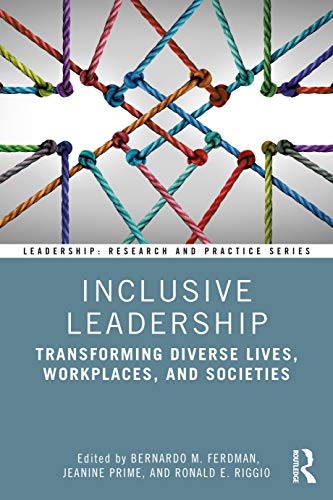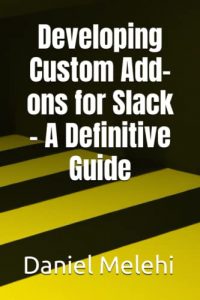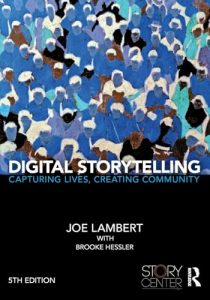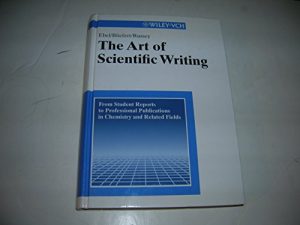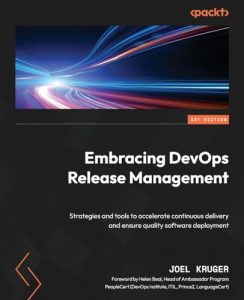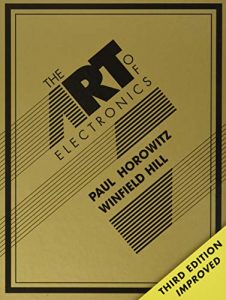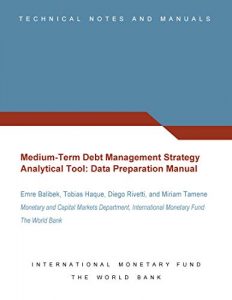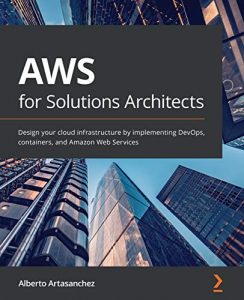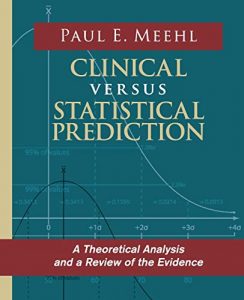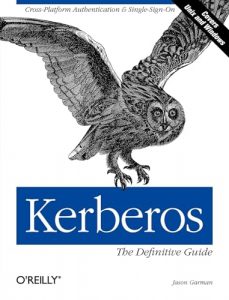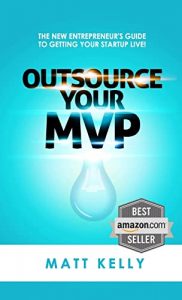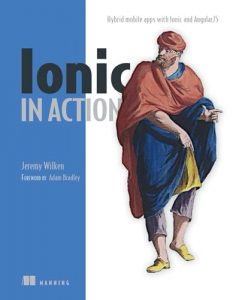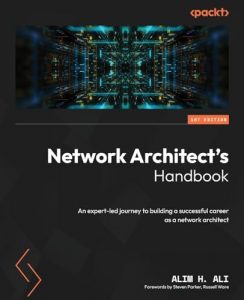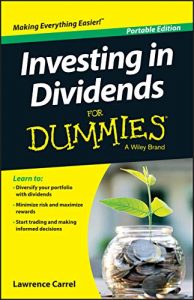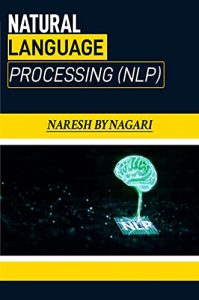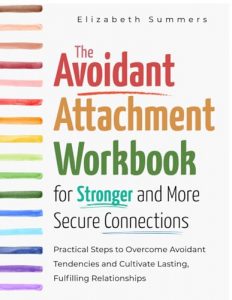Exploring Inclusive Research Practices: Essential Reads for Educators and Leaders
In today’s diverse educational landscape, the importance of inclusive research practices cannot be overstated. As educators and leaders, we are increasingly called upon to embrace inclusive methodologies that respect and acknowledge the varied backgrounds, experiences, and needs of all learners. Inclusive research practices not only enhance our understanding of student dynamics but also foster a richer, more equitable educational environment.
The following selection of books sheds light on various aspects of inclusivity, providing invaluable insights for educators, researchers, and leaders alike. Whether you are looking to implement inclusive strategies in your classroom or seek to understand broader organizational implications, these titles will guide you on your journey toward a more inclusive practice.
1. Inclusive Leadership (Leadership: Research and Practice)
This essential book, Inclusive Leadership, provides groundbreaking insights into how leaders can cultivate an environment that embraces diversity and inclusion. It delves into the principles of inclusive leadership, emphasizing the responsibility of leaders to create spaces where all voices are heard. Drawing on extensive research, the authors provide practical strategies and frameworks that can be applied in various settings. As a leader, understanding these principles is crucial for fostering an inclusive culture within your organization. This book is a must-have for those aiming to lead with empathy and inclusion.
2. Inclusive Education at the Crossroads (Connecting Research with Practice in Special and Inclusive Education)
Inclusive Education at the Crossroads offers a compelling exploration of current issues in inclusive education. The book connects theoretical perspectives with practical applications, guiding educators to navigate complex challenges in inclusive settings. With contributions from leading scholars in the field, it is an essential resource for anyone committed to implementing inclusive practices in their teaching. This book bridges the gap between research and practice, ensuring educators can apply the latest findings in their classrooms.
3. Handbook of Effective Inclusive Schools: Research and Practice
For a comprehensive guide on effective inclusivity strategies, the Handbook of Effective Inclusive Schools is an indispensable resource. This book synthesizes research and practice, offering evidence-based strategies that educators can implement to create inclusive classrooms. It covers diverse topics such as curricular adaptations, collaborative teaching, and inclusive assessment practices. A must-read for administrators and educators looking to enhance their understanding of inclusive methodologies.
4. Inclusive Arts Practice and Research: A Critical Manifesto
This innovative work, Inclusive Arts Practice and Research, challenges traditional notions of art in education, proposing a critical manifesto for inclusivity. It emphasizes the importance of arts education in fostering creativity and engagement for all students, regardless of their background. Catering both to researchers and practitioners, this book encourages an intersectional approach to arts education and provides a framework for inclusive arts practices.
5. Toward Inclusive Academic Librarian Hiring Practices
Toward Inclusive Academic Librarian Hiring Practices addresses the systemic barriers in academic libraries’ hiring processes. This book advocates for practices that promote equity and diversity within the academic community. By focusing on hiring strategies and procedures, this title is essential for library administrators and hiring committees aiming to enhance inclusivity in their workforce.
6. The Identity-Conscious Educator: Building Habits and Skills for a More Inclusive School
The Identity-Conscious Educator is a vital resource for teachers looking to build a learning environment that respects diverse identities. The book presents practical strategies for educators to foster inclusivity in their classrooms. By focusing on identity and its implications in education, this guide helps teachers develop the reflective practices necessary for significant change.
7. On Educational Inclusion: Meanings, History, Issues and International Perspectives
This enlightening title, On Educational Inclusion, traverses the historical and international contexts of inclusive education. It offers readers a global perspective on what inclusive education looks like in different cultural settings. This book is essential for educators who wish to understand the comprehensive landscape of inclusion worldwide and how to apply these perspectives in their practice.
8. Handbook of Research-Based Practices for Educating Students with Intellectual Disability
This handbook is a crucial resource for educators working with students with intellectual disabilities. It presents research-based practices that support effective teaching strategies, ensuring all students have the opportunity to succeed. This comprehensive guide serves to enhance teacher efficacy and student outcomes in inclusive settings.
9. Creating Inclusive Classrooms: Effective, Differentiated and Reflective Practices
Finally, Creating Inclusive Classrooms is an excellent resource for educators seeking to employ differentiated instructional strategies in their classrooms. This book offers effective practices that promote inclusion and reflects on educational approaches to meet the needs of diverse learners. Ideal for both novice and experienced educators, this title is a roadmap for successful inclusive education.

